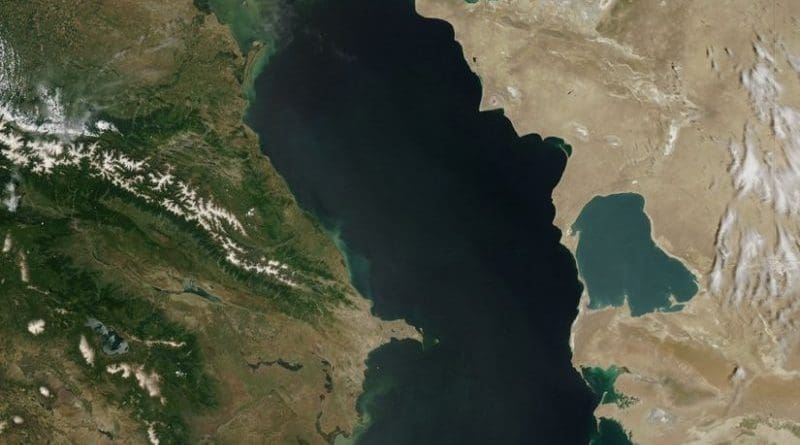Russia Tries To Work Around Iran’s Failure To Ratify 2018 Caspian Convention – OpEd
By Paul Goble
Four years ago, the five Caspian littoral states signed an agreement on the delimitation of the sea and agreed to exclude the military forces of all non-littoral states from that body of water. In the intervening years, four of the countries – Russia, Kazakhstan, Azerbaijan and Turkmenistan – have ratified the accord. But one – Iran – has not.
Moscow has been pressing Tehran hard on this point, recognizing that without Iran’s ratification, it will be difficult if not impossible to reach accords on other issues, including transit, according to Serdar Aytikov, an expert on the region. And Russia had hoped that the latest Caspian summit would achieve that end (ng.ru/cis/2022-06-30/5_8475_flags.html).
But it didn’t in that regard. Iran made clear that it doesn’t believe the 2018 agreement was fair as far as it is concerned and is calling for more negotiations. As a result, the Sixth Caspian Summit held in Asghabat today did not produce any significant agreements, despite making a variety of claims to the contrary.
Instead, the best the five could come up with was a communique “positively assessing the level of cooperation” among them, expressing concern about environmental problems in the Caspian, and support for common security and an apparent commitment to abiding by the security provisions of the 2018 accord even though it has not been completely ratified.
But that is a half-way measure, and it remains unclear whether Moscow’s push for expansion of north-south trade routes will be successful as long as Iran hold out for a new deal on delimitation. Consequently, Russia will either have to make new concessions to Iran to get ratification possibly triggering objections by others who would have to ratify a new agreement.
Or it will have to continue to make plans that Iran will continue to have the opportunity to block or at least restrict, something that will make it hard if not impossible to get international funding for the transportation projects. In either case, the boosterism Moscow is showing about a new north-south transport corridor appears anything but justified.

